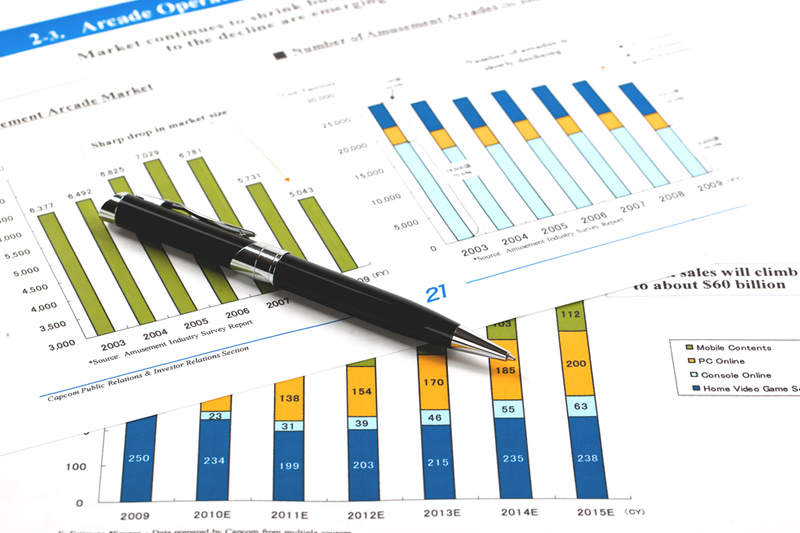The

(Reuters) – A U.S. government weather predictor projects El Nino conditions will likely end by spring this year but saw a 62% probability that a weather pattern characterized by unusually cold temperatures in the Pacific Ocean, La Nina, will develop during June-August.
There is an 83% chance that a transition from El Nino to ENSO-neutral is likely to occur by April-June 2024, followed by a shift to La Nina, National Weather Service’s Climate Prediction Center (CPC) said in a monthly forecast on Thursday.
“Even though forecasts made through the spring season tend to be less reliable, there is a historical tendency for La Nina to follow strong El Nino events,” the CPC said.
The ongoing El Nino weather pattern will continue to fuel above-average temperatures across the globe, the World Meteorological Organization (WMO) said last week.
El Nino peaked in December and would go down as one of the five strongest in history, it said.
Last year’s El Nino, which followed three La Nina years, saw hot and dry weather in Asia and heavier rains in parts of the Americas that boosted farm output prospects in Argentina and the southern U.S. Plains.
India, the world’s biggest rice supplier, restricted exports of the staple following a poor monsoon, while wheat output in No.2 exporter Australia took a hit. Palm oil plantations and rice farms in Southeast Asia received less than normal rains.
The high probability of a strong La Nina arriving this year has put grains farmers on alert in Argentina, where the climate phenomenon usually brings dry weather with lower rainfall.
“With the El Nino phenomenon expected to end this year, 2025 might not have such a rosy beginning, while it will likely also increase the rains which feed the Panama canal and potentially ease congestion,” shipbroker Allied said in a note.



